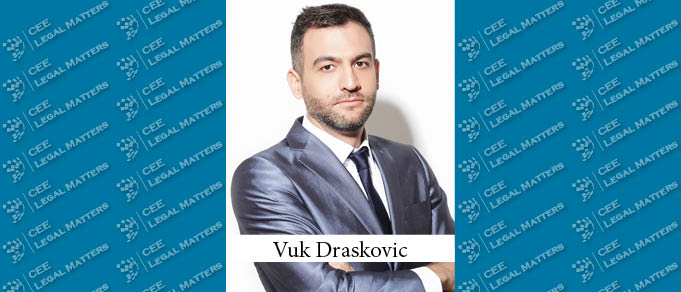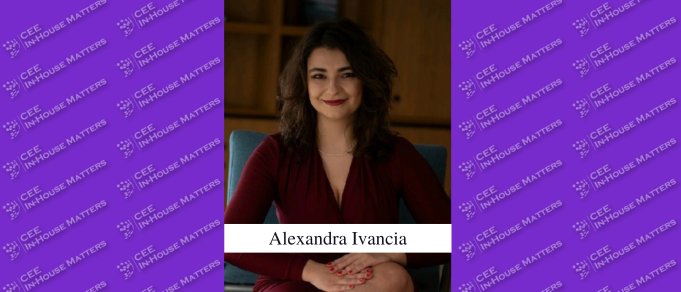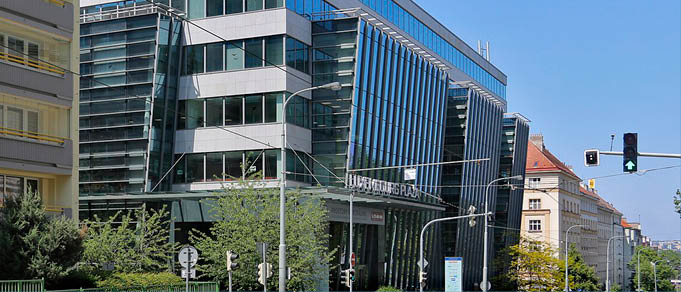In light of the upcoming parliamentary and presidential elections and a relatively inactive legislative phase, Serbia’s potential free trade agreement with China is one of the major economic topics in the country, according to Bojovic Draskovic Popovic & Partners Partner Vuk Draskovic.
"We are now in the pre-election period, as both parliamentary and presidential elections are scheduled for April 3, 2022," Draskovic begins. "For this reason, in terms of the political and legal environment, the atmosphere in Serbia is quite specific. Currently, the legislator is not very active and this will most likely be the case until the end of the elections and the forming of a new government. After April, significant amendments might be introduced but they are unlikely to be implemented in the first half of the year due to this circumstance," he explains.
Draskovic says that, save for the latest political and economic turbulences related to the Ukrainian crisis, the most prominent issue in Serbia is the free trade agreement with China. "A big announcement was made recently on this topic," he notes, pointing out that "Serbia has a relatively strong economic and political relationship with China. The trade agreement, if finalized by the end of this year, will be the first in Eastern Europe." In addition, he says, "there is already a growing trend of Chinese investments in the country."
Despite the inactive period, Draskovic points out that there were some relatively modest legislative updates. "As an example, Serbian corporate law has recently been slightly amended in terms of issues related to fictitious addresses of the registered seats of companies and additional protection of small shareholders in joint-stock companies," he reports. "Overall, Serbia is in the process of harmonization of its legislation with EU law. The major changes introduced by legislative bodies in the last decade were related to this harmonization." According to Draskovic, the vast majority of Serbian laws are already in line with EU legislation. "For instance, the GDPR is not applicable to Serbia, yet we have already adopted legislation which is basically a translation of its provisions," he says.
Draskovic notes the legal market has been quite active, while the economy saw stable growth in the previous year. "This is especially true with regards to the real estate and M&A markets," he says. "In terms of the M&A market, as in previous years, IT-related M&A transactions remain the most frequent. The IT sector is very active in general and is increasingly becoming a significant part of the Serbian economy."
"We are still waiting for official figures about the growth of Serbian GDP but it is very likely that, compared to the previous year, we have above 7% growth – one of the highest numbers in Europe," Draskovic points out. "State investments and infrastructure projects, on the one hand, are among the factors that have contributed to Serbia’s increased GDP, while the increasing public debt is on the opposite side of this trend," he concludes.

























